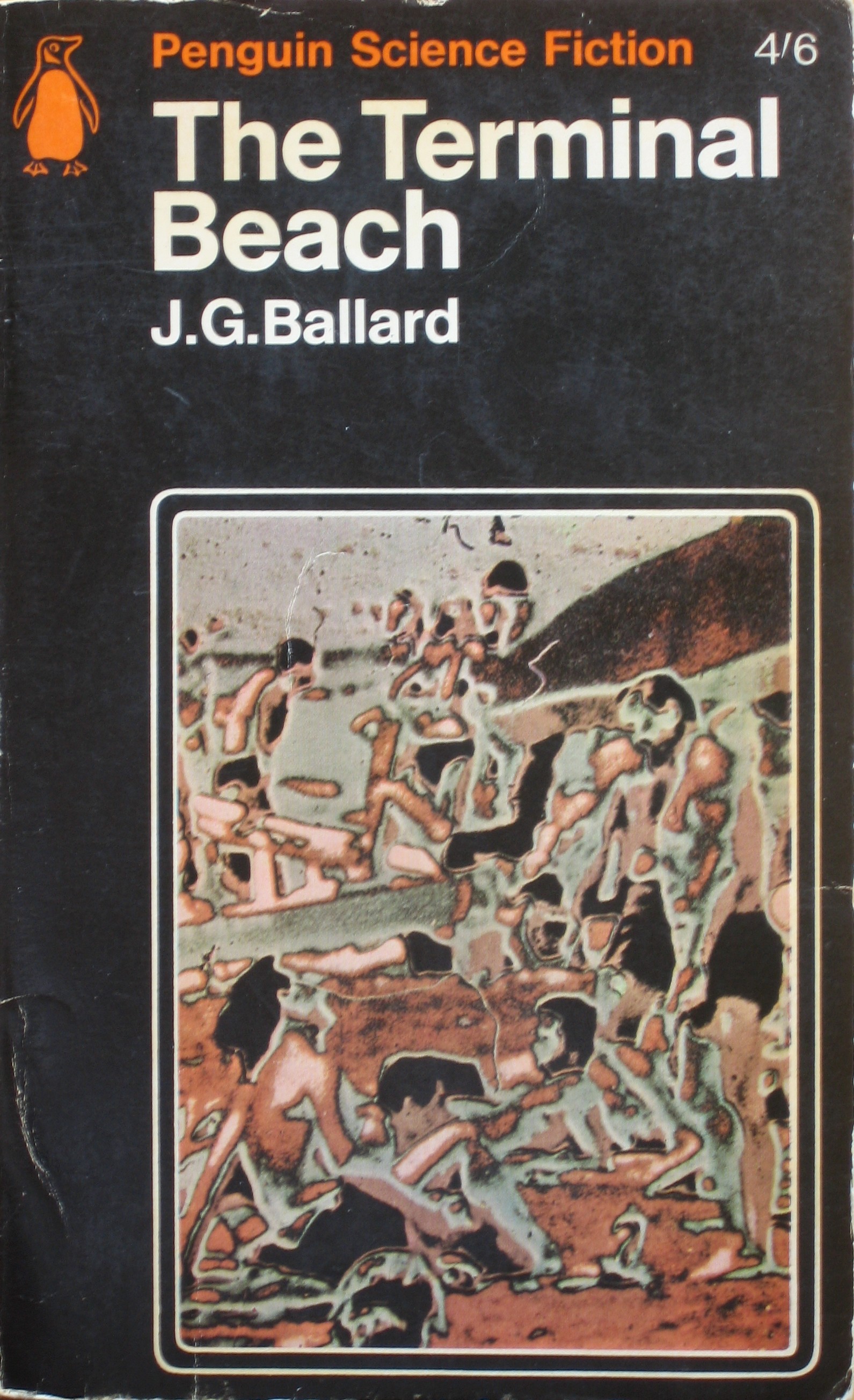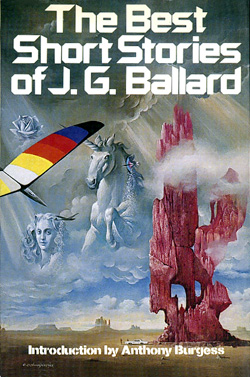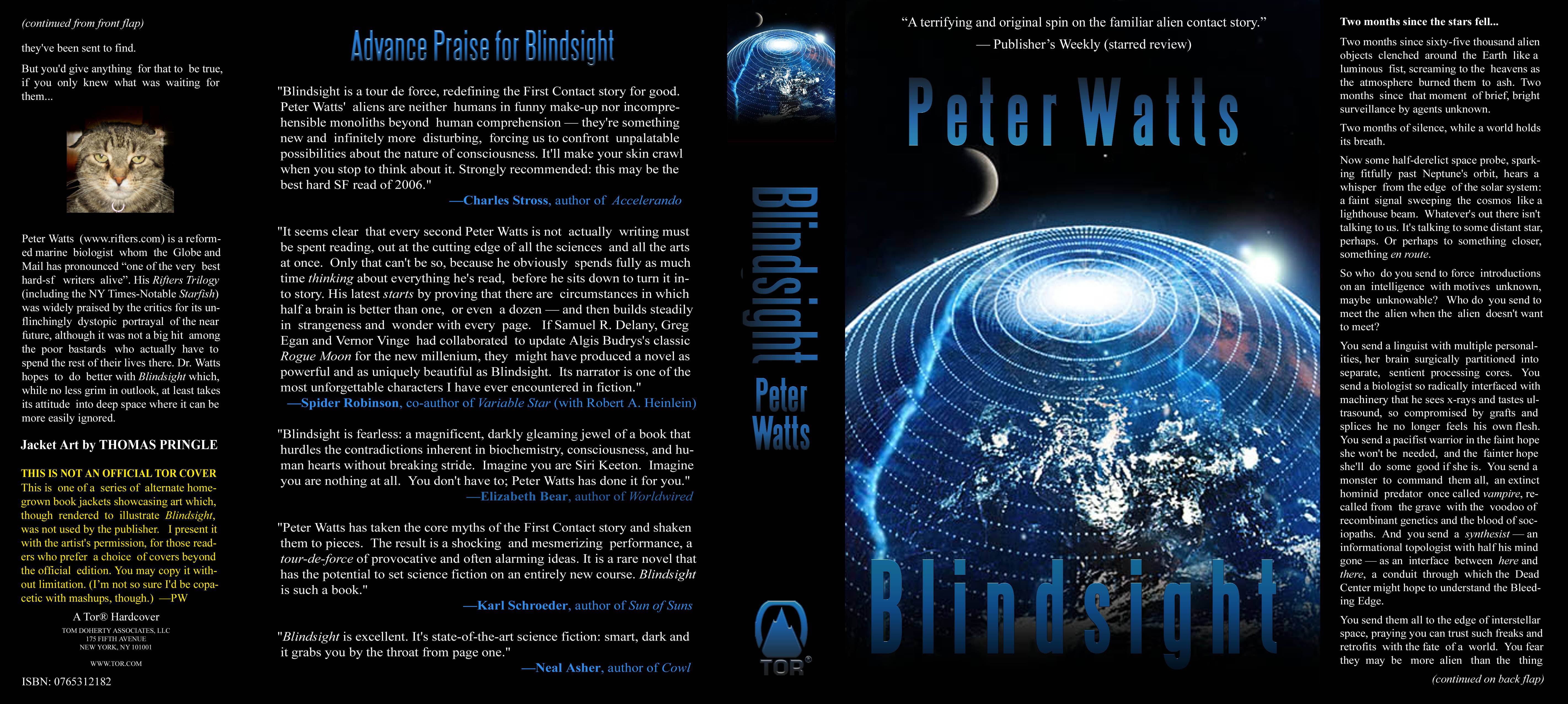Required Reading:
The Drowned Giant by: J.G. Ballard, a short story



The Drowned Giant by J.G. Ballard presented several ideas that were chilling in their assumption and accuracy of human character. The story follows the discovery of a dead giant washed up on the beach of a small seaside town. It has been said of Ballard that his Science Fiction writing "Uses the fantastic to highlight the real". However, instead of jumping into the expected tale of invading giants climbing out of the sea to reclaim their dead brother or the repercussions of a giant alien crash-landing into Earth's ocean, Ballard allows his dead giant to be the one fantastical element in his story.
What would you do if the corpse of a giant the size of a sperm whale or bigger washed up on the shore of the city you lived in? Narrated by an unnamed scientist that describes the discovery and reaction to the drowned giant in clinical detail, The Drowned Giant has an unnerving tone from the beginning.
At first no one wants to believe what they are seeing, then they approach the giant corpse curiously. This "approach" is probably the most shocking element in the entire short story, greater even than the end. Why? Because the curious bystanders begin to crawl, climb, and play on top of the dead body of the giant, which is essentially a huge human. You wouldn't disrespect a dead human by stomping all over them, but that is the point. The giant is not seen as human. He is seen as being different, an alien form trespassing into our world. Again, this is all described in a cold, observational way.
First, the idea that the corpse of the giant being approachable, makes sense. The Scientist narrating the events sees the giant as being "beautiful" and becomes aware that he and everyone else there are like "mere copies" of this colossal creature. This reminded me of a child pulling the wings off of a butterfly, marveling at the power they hold over the tiny creature. This story puts this concept in reverse. The giant is like a metaphor for the death that must catch everyone in the end. It is huge and looming. The people of the seaside city therefore find immense fascination with the giant corpse, almost as if they are "conquering" or "facing" death in the most grand way imaginable. At this stage the giant holds great wonder for the people.
As the giant decomposes it becomes less admired and wondered at. It is "the approaching end of a magnificent illusion". The scientist narrating the story is one of the only people that continues to observe it's decent from a thing of beauty to a thing of grotesque. He describes it as, "This ceaseless metamorphosis, a macabre life-in-death"
As the giant decreases in importance or "wonder" the fertilizer company and the cattle food manufacturer begin to dismember the giant, taking away his hands and feet in service of their business. Eventually the giant is decapitated and the people take various pieces and parts of his body to decorate their seaside city with. Memory of the giant slowly fades, until most remember it as a sort of washed up whale instead of what it actually was. The giant becomes landscape. In the end the people could not conquer death and so they continued to surround themselves with it. The scientist remembers and records all.
This story reflects life today. It does seem true that if people cannot physically touch or see something then they refute it as fiction. People often refuse to acknowledge death, because until they experience it for themselves, it is only a dream.
Required Book:
Peter Watt: Blindsight (Read Online)


I read the prologue and about half of the Theseus section of Blindsight.
Peter Watts Blindsight begins at the end with this comment:
"It didn't start out here. Not with the scramblers or Rorschach, not with Big Ben or Theseus or the vampires. Most people would say it started with the Fireflies, but they'd be wrong. It ended with all those things."
If this doesn't peek your interest to continue reading then the prologue presents another reason. The narrator Siri had epilepsy and with new scientific advances half of his brain had been taken out to get rid of his "flaw". This of course forced the remainder or his brain to create new neural pathways and ultimately resulted in most of his prior character being corroded. What he lacks in empathy he makes up for in strict observation of the most minute details. This is important because Watts has thought up all kinds of technological advances in need of a critical eye to explain them.
One example of this is the artificial death. Involving a preservation system and a virtual "heaven" created by the artificially deceased, someone could potentially live in their dreamland of choice, waiting for another time and place to be reborn into. This of course causes social issues as it is seen as being close to suicide. The "dead" are essentially choosing to go to their personal "heaven" without their loved ones. This is something the main character has experienced with a family member.
So, with only reading a small portion of the book it can be seen that Watts is not so much interested in the action packed drama of the Space Opera genre as he is with the progression of the human race into the future.
Technology has advanced so far in such a short amount of time things thought to be impossible are becoming reality. Watts has created a world that in some respects may not be too far away from our own. There are people working hard on some of the concepts presented in his book, such as a virtual world that can also be connected to the senses or uploading a person's consciousness into a computer.
No comments:
Post a Comment